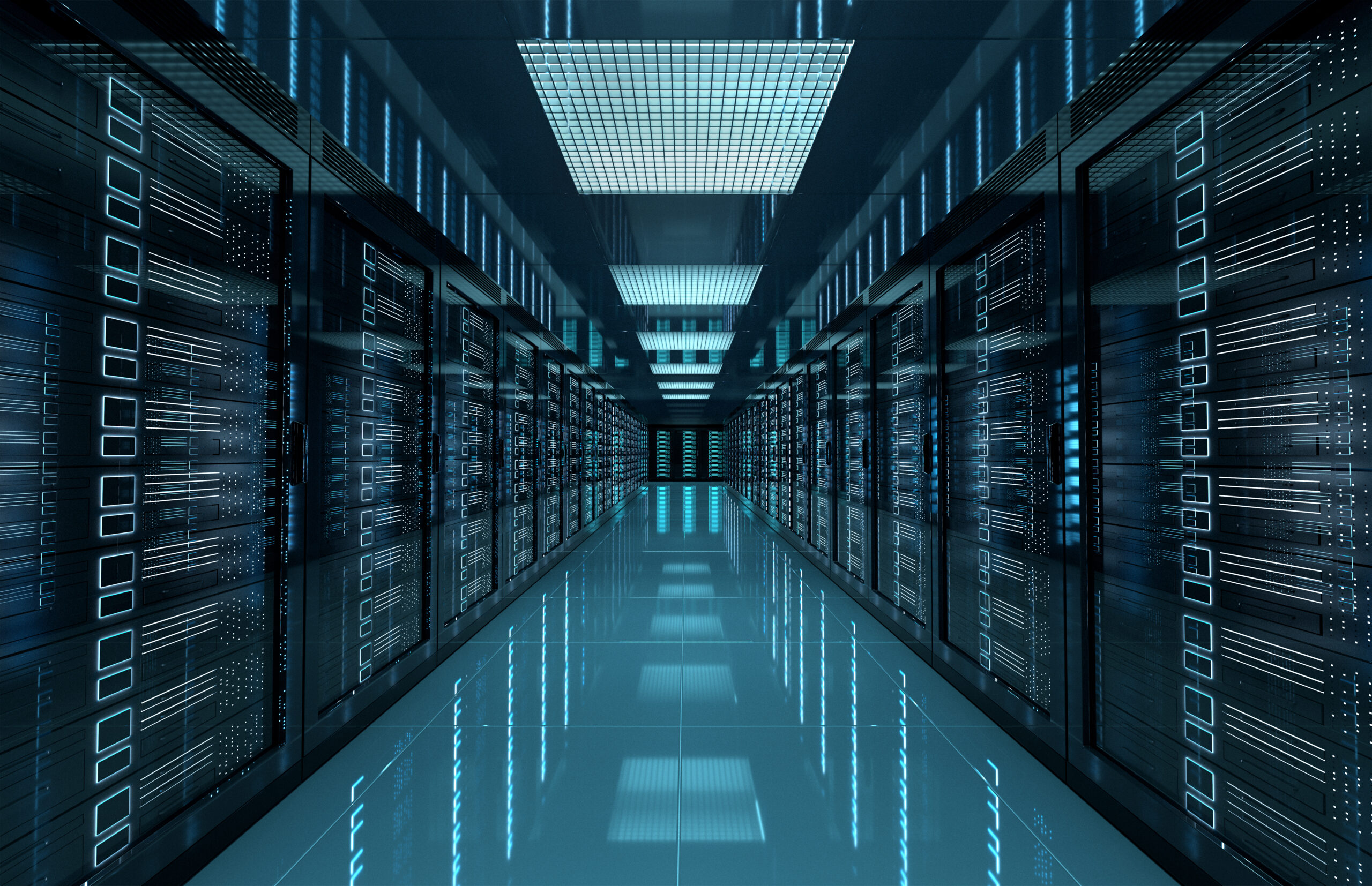How to Determine the Correct Size and Type of a Web Server
A web server equipped with adequate resources ensures top user experience and performance. Your server’s total load depends on several factors, including functions, the operating system, apps, software, and the number and type of databases and files.
You also need to consider the number of users, average page size, frequency of access, security tools, and whether your site is dynamic or static.
In general, static sites require fewer resources than dynamic ones. This is because flash, images, databases, and other dynamic features need more CPU power and space than storing and processing text.
Ideally, you’d have a bit more resources than you actually need. The server will be capable of handling spikes in requests and traffic and peak demand.
Components of Server Hardware
The hard drive, memory, and processor are the three main hardware components to take into account when choosing a server. The processor is also known as the CPU, and RAM is short for random access memory. The hard drive is responsible for the storage.
Among the other elements to consider are reliability, bandwidth, support, security, and backups. When you combine all these, your server will run as efficiently as possible.
Size of the Hard Drive
The type and size of files and website determine webserver disk size. The number of users also matters, as well as if they save data on your website. The vast majority of sites have a mix of static and dynamic content: images, text, chat, databases, comments, emails, etc.
Make sure you account for the following when calculating the total disk space:
- Control panel
- Operating system
- Applications
- Database
- Web server processor (CPU)
The best option is a multicore processor. The more threads and cores, the better. This makes carrying out many computing tasks possible, quickly and efficiently.
Your processor usage must not exceed 80%. If it does, it will start slowing down, and responding to requests will take longer.
Hosting as a Consideration
There are three main hosting types: dedicated, shared, and VPS. The last stands for Virtual Private Server and allows you to customize disk space, bandwidth, CPU, and memory. Shared hosting offers all clients on a single server similar resources. Finally, dedicated hosting provides a higher degree of hardware customization. It’s most suitable for large clients or organizations such as e-commerce sites, financial institutions, and others that place exceptional value on high performance and safety.
Dedicated Hosting
You’ll find that a dedicated server is the most expensive and top-performing option. A customer has a whole physical server all to himself. He controls and enjoys full access to resources. Optimization options are also the best.
Dedicated hosting makes it possible for clients to custom upgrade their bandwidth, disk space, and RAM depending on their requirements.
VPS Hosting
A VPS is normally an autonomous virtual machine, which offers better control and performance than shared hosting, but shares some resources with other server users. It costs more than shared but less than dedicated hosting.
Speed and Reliability
Reliability and speed of drives are essential too. Today, storage systems are relying more and more on SSD drives. These solid-state products are usually more reliable and faster than older mechanical versions. Some hosting providers will let you choose the disk. An SSD disk is recommended if you are looking for better reliability and function.
Bandwidth
The bandwidth denotes the total data volume that can be transferred to and from your website. This depends on the size and frequency of client requests, their responses, average page size, and server use.
Some hosting providers charge based on data volume transferred, while others offer unmetered or unlimited bandwidth packages. If you opt for the former and exceed your limit, you will no longer have access to your site.
Memory (RAM)
The RAM has a faster write/read performance than the hard disk and offers temporary storage for the data being processed by the CPU. In addition, sufficient memory minimizes the need for the server to access the hard drive memory often, which slows down operations.
When choosing the RAM, consider your apps, database, operating system, security, control panel, and other relevant features that memory can impact. Then, ensure there’s enough memory for server functions and components and check for recommended specifications.
To make sure peak demand can be covered, choose more RAM than you need. To prevent depleting memory during regular operation, give an allowance of about 10 percent.
Other Factors
Look for a host that provides data backup, high availability and uptime, easy upgrades, and server security. Depending on plans and your budget, you must decide on whether you need a large server to meet your requirements in the future, or you’ll be making upgrades.

